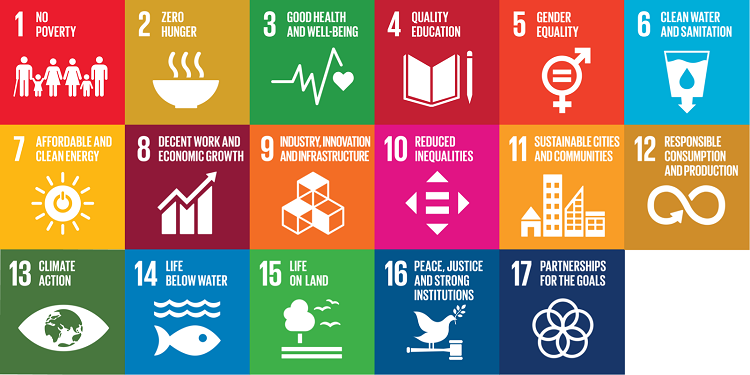After watching Jane McGonigal's TED Talk entitled "Games Make the World Better", I see many benefits to using the model of gaming to make other areas of life more efficient. Gamers take risks and persevere in the virtual world in a fashion that would make a great impact in the actual world. If real life was like gaming, the average person would be more motivated to attain achievements and solve very difficult problems. This could definitely translate into the world of education.
She brings up four characteristics that makes us virtuoso (spending 10,000+ hours mastering a craft) and online games bring this out in us:
1) Urgent Optimism - Having the courage to conquer difficult tasks, while having belief that success is possible.
2) Social Fabric - Producing a level of cooperation and trust because you are working towards similar goals under a similar set of constraints.
3) Blissful Productivity - Achieving difficult and meaningful accomplishments in a joyful manner.
4) Epic Meaning - Going on missions that are of great magnitude and are much bigger than ourselves.
 One of the biggest applications of gaming in the classroom is acknowledging progress play. Students only see achievements in the classroom as grades. Students very seldom notice their progress in mastering objectives from day to day, much less do they feel rewarded by it. If we can make students aware of the experience and growth that they undergo on a day-to-day basis, then they would be much more motivated. My fellow teachers often classify students as 'A' students, 'B' students, 'C' students, etc. so teachers are too wrapped up in just grades as a measurement, as well. Much like characters in a game earn XP, it would be great if students had a more tangible realization of their growth on a specific objective even if their grade has not necessarily changed.
One of the biggest applications of gaming in the classroom is acknowledging progress play. Students only see achievements in the classroom as grades. Students very seldom notice their progress in mastering objectives from day to day, much less do they feel rewarded by it. If we can make students aware of the experience and growth that they undergo on a day-to-day basis, then they would be much more motivated. My fellow teachers often classify students as 'A' students, 'B' students, 'C' students, etc. so teachers are too wrapped up in just grades as a measurement, as well. Much like characters in a game earn XP, it would be great if students had a more tangible realization of their growth on a specific objective even if their grade has not necessarily changed. It is interesting that McGonigal mentions the parallel track of gaming and education. Many track more hours gaming before they hit twenty-one than they would if they were a perfect attendance student. The sheer motivation level and ability to stick with it would greatly benefit schools. Gamification may provide the answer to how do we make kids want to come to school. I have students go home and finish breakouts that we do online in class on a voluntary basis. If only, we could create all classroom content in such a format, students would want to learn and look for application outside of the classroom.
It is interesting that McGonigal mentions the parallel track of gaming and education. Many track more hours gaming before they hit twenty-one than they would if they were a perfect attendance student. The sheer motivation level and ability to stick with it would greatly benefit schools. Gamification may provide the answer to how do we make kids want to come to school. I have students go home and finish breakouts that we do online in class on a voluntary basis. If only, we could create all classroom content in such a format, students would want to learn and look for application outside of the classroom. Play and learning can absolutely be combined. Some of our most memorable moments come when we are competitively focused on an outcome. For this reason, mastering classroom objectives can be held even more strongly when mastered in a gaming format. With INST 6233, I am actually intrigued and excited to turn an assignment in. Although I have enjoyed my grad school experience, that is not the normal feeling that I have when I turn in an assignment. I could only imagine how much better our schools would be if students held that same feeling in completion of their assignments and activities.
Play and learning can absolutely be combined. Some of our most memorable moments come when we are competitively focused on an outcome. For this reason, mastering classroom objectives can be held even more strongly when mastered in a gaming format. With INST 6233, I am actually intrigued and excited to turn an assignment in. Although I have enjoyed my grad school experience, that is not the normal feeling that I have when I turn in an assignment. I could only imagine how much better our schools would be if students held that same feeling in completion of their assignments and activities.


No comments:
Post a Comment